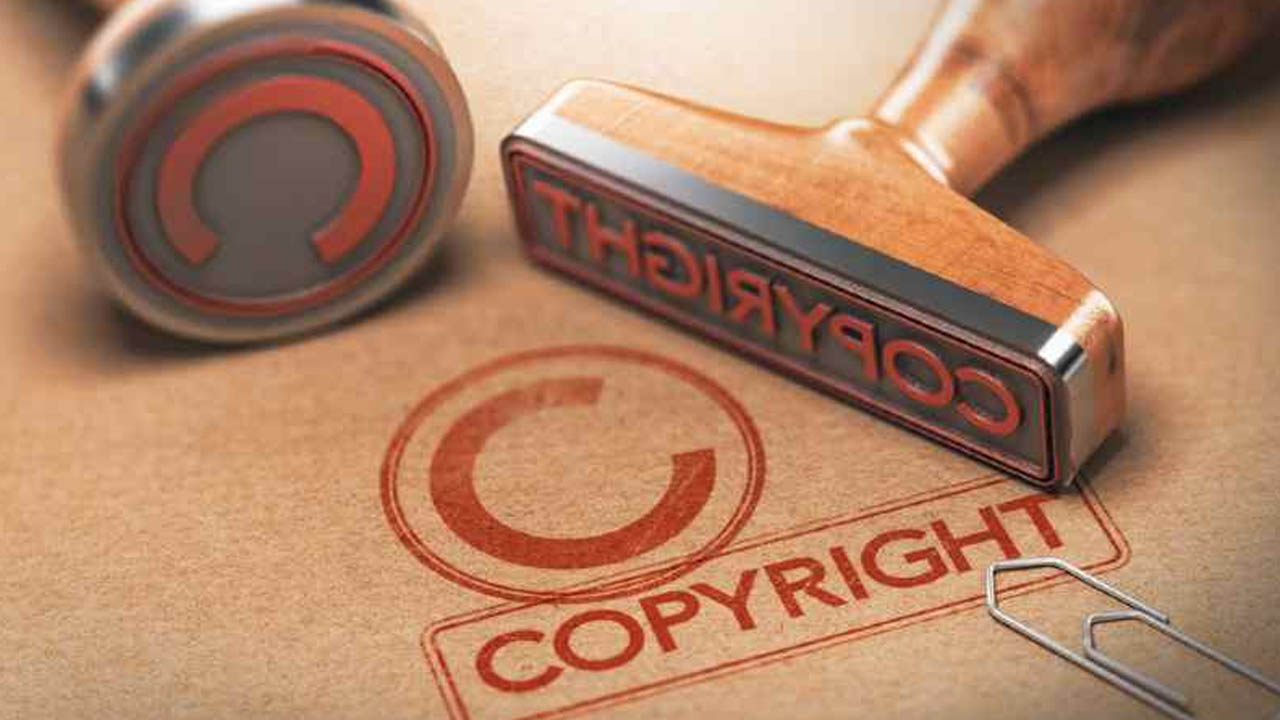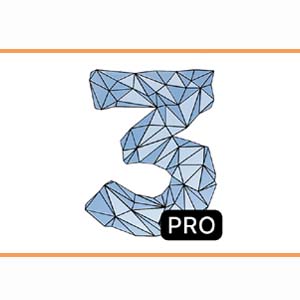Copyright is one of those thorny problems that artistic types often cause pain. After all, whether you write something, make music, take a picture, or produce something else, you should legally deserve full credit (and payment). This comes under title 17 in the United States, which deals with “original authorship works,” including literature, dramatic, musical, creative, architectural, and many other intellectual works.
Unfortunately, it’s increasingly common for people to believe they should get something for nothing, especially with the massive free market that is the internet. There are a variety of problems that might occur, and we will take a look at seven of these below, along with the best way to solve them. Let’s get started with the
Plagiarism
This is the greatest nightmare: when someone steals your feelings, writing, music or other intellectual property and pretends it’s theirs. People are permitted to quote a small amount of your work, but they are meant to give you full credit.
Where you lose out significantly, under the terms of section 1498 of title 28, you may take the defendant to court. This grants temporary and final injunctions to stop violation of copyright. This is automatic, and has been in effect since the moment of development.
Material (such as copies of molds or master tapes) can also be impounded by a US court and can order them to be destroyed. There’s more stuff available here.
If your argument is confirmed, you can also recover damages, and any extra gains gained from your work by the other party. There is a presumption that an infringement was deliberate, so if anyone who violated copyright proves that it was accidental, the harm could be minimized or your case demolished.
You will be entitled to recover the legal costs as well, although this is at the discretion of the judge. Remember that you must take action in a criminal case within five years of copyright infringement, and in a civil case within three years.
Ownership
Who is in charge of the copyright? Your employer typically holds the copyright if you were hired by a corporation when you produced your work. You hold copyright whether you have been employed on contract or freelance, unless you grant it to the purchaser under a legal arrangement. Often search contracts for copyright-assigning clauses.
Just because someone purchases your work doesn’t mean they can change it, copy it, or display it online. They should first ask your permission.
The moral here is to ensure that the terms of your contract are very straightforward on who holds copyright, whether you wish to retain it or prohibit unique uses (such as alteration). You will be delighted to assign a buyer’s copyright, but be mindful that this is forever. You can’t sell the same thing to anyone else then; it will have to be significantly different from the second product. You automatically hold the copyright if you simply sell items, such as jewellery or pottery.
Website Copyright
The basic design of a website, including text, images, any audio or video, HTML and any other markup code, lists of websites and links, as well as any other original content, is subject to copyright. Many websites explicitly ban ‘deep’ links, links that bypass their home page, so it is best to search before doing so. Stanford has more info.
Creative Commons, Freeware, and Shareware
You may want to explore Creative Commons licenses if you want to share your work, not care about payment, but want to stay within the limits of copyright law and get credit for your work.
These are internationally applicable and are based on the law of copyright. A few basic questions are asked by the Creative Commons website, such as whether you want to make commercial use or derivative works, to decide the type of license you need. A credit to the designer is a key component of this format.
Freeware and shareware are software available free of charge, but shareware often either limits the features of the software or has a time limit for free trial. Removing the time limit or limitations will violate copyright. And freeware (like Skype) would typically have modification and reverse engineering limitations. You can create a pre-download agreement if you’re making shareware or freeware.
Length of Copyright
Many people believe that copyright is a brief thing and that it’s okay to copy a work created ten years ago. Yeah. Not so. The Sonny Bono Copyright Extension Act, which extends existing copyrights by 20 years, was signed by President Clinton in 1998 and brought the US into line with Europe. Now the life of the artist, plus 70 years, for works produced in the US after January 1978, is the basic term of protection. There is a 95-year patent on jobs for hire.
For other media, there are different copyright lengths – 25 years for images and 50 years for films. This means that if, without your permission, you think an older piece of your work has been copied, you will still sue for copyright infringement.
Breach of Copyright Abroad
US copyright laws do not extend to other nations, but, as you can see from this UK website, often applicable international laws are identical to those in the US. The International Copyright Convention, or the World Intellectual Property Organization Copyright Treaty, which protects computer software, has been signed by several nations.
The previous Berne Convention was ratified by most nations, and Wikipedia has a helpful list of which countries have signed the agreements. There is ongoing controversy about how the “country of origin” should be described for work published online. An useful primer on how to perform acts in other countries is offered by this legal website.
Exceptions
US copyright, including names, titles, brief words, or lists, does not protect very short products. “Some such products may, however, be protected by the use of trademarks or patents (think “I’m Lovin It” by McDonalds). The Berne Convention allows copyright works to be “fairly used” (in a “transformative” way; in satire, research, or news reporting, for example).
Conclusion
Intentionally breaching a copyright for profit may be a criminal offense, although there are caveats (for example, the perpetrator must have made a minimum of $1,000 profit), so do your homework carefully. Remember that you have to show motive, because that’s a crucial component. Sometimes, simply understanding the law and warning the infringer would be enough to deter or stop an infringement.
To sum up, when it comes to copyright, there are different problems and solutions.
- Plagiarism, which in court can be resolved.
- Ownership, which should be detailed in your contract.
- Stealing of website content, which comes under copyright law and can go to court.
- Creative Commons, freeware and shareware, for which by licenses and legal agreements you can obtain protection.
- Copyright offers lifetime rights and beyond, so you can sue older pieces of work for copyright infringement.
- Many other nations have good copyright protection in effect. For more information, search online.
- Exceptions to copyright law exist, but trademark or patent law may protect very short pieces of work.
Have you ever faced issues with copyright, and how have you overcome them? In the comments section below, let us know.
Humbly Request To All Visitors!
If you found above both downloading link expired or broken then please must inform admin by fill this Contact Us! Form

